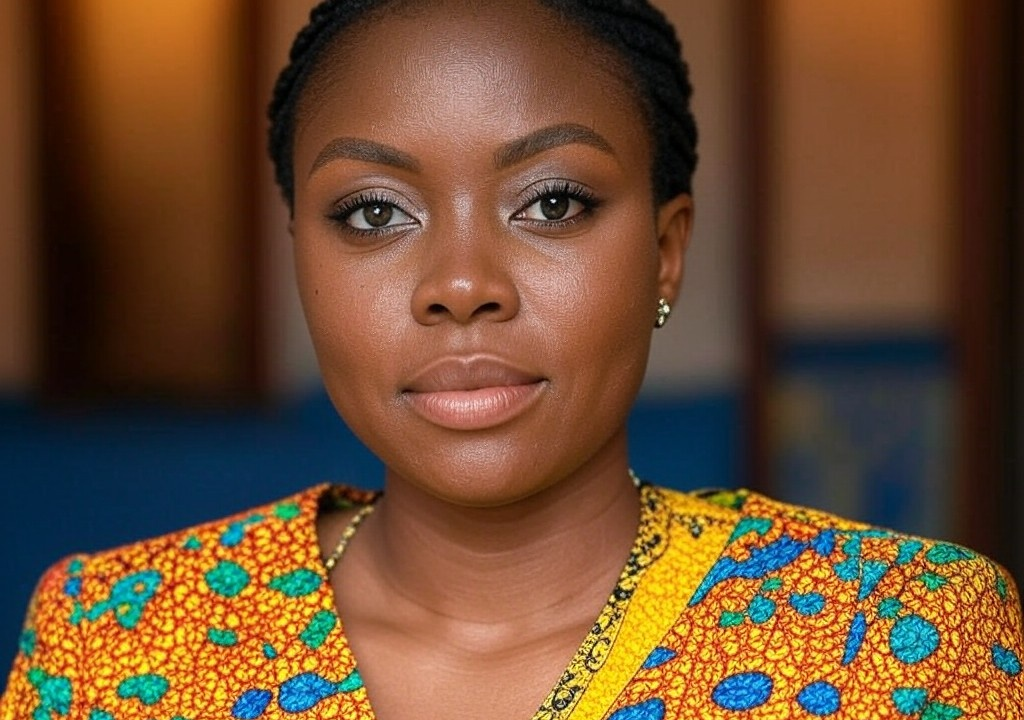I’ll never forget the first time I saw my name in print. It was a story about women entrepreneurs in Lagos for a small NGO blog, and let me tell you, my excitement was equal to finding out your crush likes you back—it was dizzying, euphoric, and borderline embarrassing. I kept refreshing the page just to make sure it wasn’t some sort of cosmic glitch. I was certain the internet would implode under the weight of my achievement.
The byline read: HARRIET OJO. Bold letters. All caps. Just there, staring back at me like, “Yeah, you did that.”
But the journey to that moment? Oh, it was a mix of chaos, self-doubt, and more cups of Milo than I care to admit.
Beginnings Always Feel Messy
In a way, writing my first article was a lot like a first date. You know the type—you’re trying your best not to mess it up, but your inner voice won’t stop screaming, “Do they even like me?!” Except this time, the “they” was a faceless, digital audience.
I was one year into my job at an NGO in Lagos, and my boss casually asked if I could write something for their blog about the challenges women face running small businesses in Nigeria. “You know,” she said, “Just make it personal, Harriet. Tell a story.”
Personal? You mean like the time I tried to sell chin-chin at a school bazaar, and my cousins ate half the stock before anyone else could buy it? Or should I stick to the stats about micro-financing loans? I was overwhelmed but eager. I wanted to write something that mattered—to tell a story that touched people.
Fighting the Impostor Syndrome
Let’s get real for a second: writing something and putting your name on it for the world to see requires vulnerability. For me, it felt like standing on a stage in an ill-fitting gown, hoping no one would notice that I borrowed it from my older sister’s closet.
And yet, isn’t this how we all come to life’s big moments? Feeling a little out of place, yet showing up anyway. Like that time I moved to London for grad school and realized the weather was as moody as a rom-com heroine. Or when I interviewed a Senegalese market woman about her startup when I could barely conjugate two French verbs.
Anyway, impostor syndrome came at me hard. I couldn’t stop asking myself, “Who am I to write this story? Am I the expert on women empowerment in West Africa?” But here’s the thing I’ve learned since then: sometimes, it’s not about being the sharpest tool in the shed. Sometimes, it’s about holding the flashlight and helping other people see the tools they have.
Writing the Story Felt Like Falling in Love
So there I was in my tiny Lagos apartment, staring at a blank Word document and wondering how the New York Times writers do this without weeping uncontrollably. Amazingly, the story kind of wrote itself. I thought about Mrs. Funke, one of the women I’d interviewed—a mother of three who started her catering business with little more than her kitchen stove and an incredible recipe for jollof rice. She spoke of starting from “ground zero,” stacking profit which she called "small small money," dreaming big, and laughing at her own mistakes along the way.
And that’s when the words started flowing. I wrote about resilience and community, about how entrepreneurship for Nigerian women is an act of defiance against societal norms. I shared Mrs. Funke’s secret—“You laugh through the struggle oh, because crying won’t fry the chicken.”
It felt like falling in love. The kind of love that surprises you, that makes you rethink what you’re capable of.
Seeing the Byline
If writing the story was a whirlwind romance, then seeing my byline was the relationship becoming official—Facebook status update and all. I shared the link with literally everyone I knew. Friends, neighbors, a random cousin I hadn’t spoken to in three years, the Uber driver who once gave me unsolicited relationship advice. “Look! Look at this thing I made!”
But the funny thing? My phone didn’t explode with congratulatory calls like I expected. Life carried on as it always does. The world didn’t stop turning just because Harriet Ojo had written an article. But seeing my name there gave me a quiet, steady confidence: I’d done something real.
Lessons from the First Byline
Looking back, I realize that my first byline taught me some golden truths about love, life, and chasing your dreams:
- Start Even When You’re Scared: Whether it’s sending the first “hey” text or writing your first story, you’re never going to feel fully ready. You just have to begin.
- Celebrate the Small Wins: No one else may throw you a party, so be your own hype person. Bake the cake. Pop the champagne—even if it’s just Fanta.
- Your Perspective Matters: Whether you’re writing, dating, or launching a business, no one else can tell your story the way you can. Your voice is your gift.
Encouragement for Your Journey
Years and many articles later, I still think about that giddy rush of excitement—my first byline. But here’s the thing: every new project, every leap of faith, every risk, feels like that first time all over again. And isn’t that the magic of it all? Our journeys—whether in writing or relationships—are full of first times if we’re brave enough to take the chance.
So, here’s my advice: Get started, reflect deeply, and laugh along the way. Whatever your “byline” looks like—whether it’s starting a side hustle, taking up photography, or finally asking that cute neighbor to dinner—it’s always worth putting your name on it.
Because when your moment comes, and the world sees what you’ve made, all the struggle, all the fear, will feel like a quiet whisper compared to the roar inside you saying, “I did that.”
And trust me on this—you’ll want to refresh that moment over and over again.




















